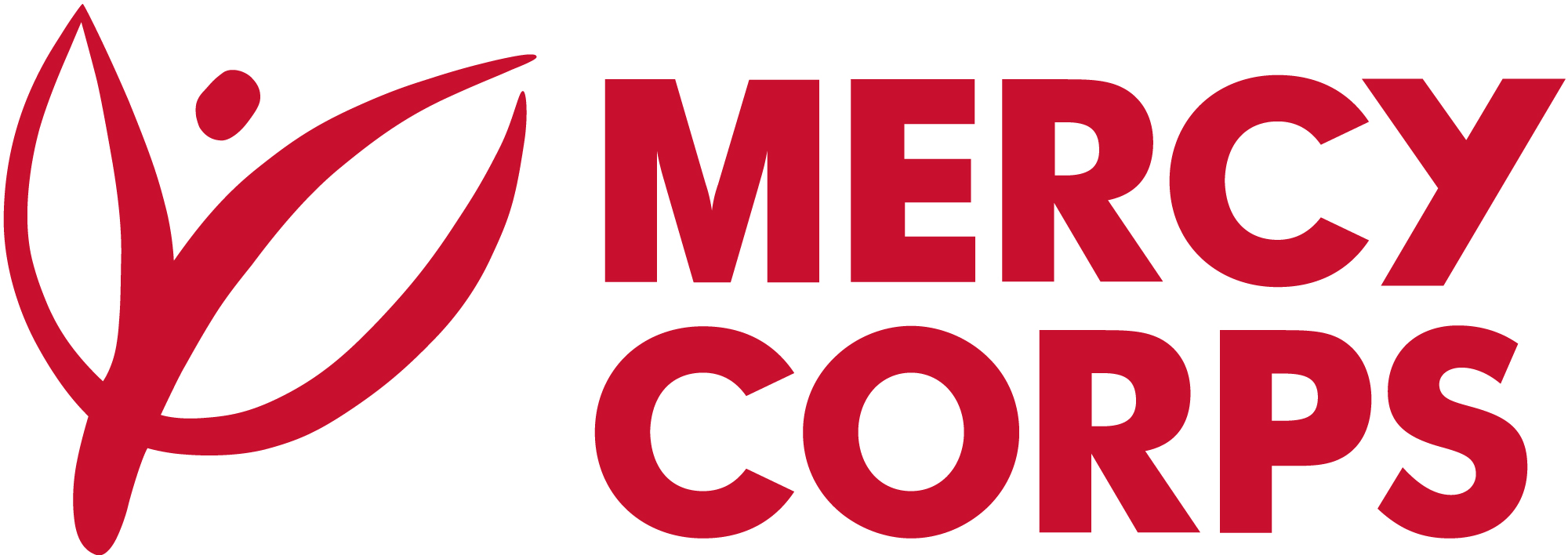Key Takeaways:
- The Lebanese pound (LBP) parallel market exchange rate has been largely stable for three consecutive months and averaged LBP 93,500 per 1 US dollar (USD) in June. Daily average Sayrafa transactions increased in June compared to May, a key driver of LBP parallel market rate stability.
-
The Central Bank of Lebanon amended Circular 158 to allow commercial bank depositors to withdraw only USD 400 per month from USD-denominated accounts, as opposed to the previous iteration of the circular that allowed depositors to withdraw both USD 400 and the same amount in LBP at the official exchange rate of LBP 15,000. The amended circular effectively ceases forced volume haircuts on USD-denominated accounts but depositors remain subject to withdrawal limits.
-
On June 9, the International Monetary Fund (IMF) expressed concern over how Lebanon’s worsening crisis and political deadlock have delayed the implementation of reforms necessary to unlock state financial assistance. In a subsequent report, the IMF recommended new financial reforms, including proportional haircuts on depositor accounts by writing off accumulated interest on deposits.
-
Lebanon’s parliament failed to elect a president for the 12th time on June 14, after candidates Suleiman Frangieh and Jihad Azour did not secure a needed two-thirds of votes in the first round. Quorum was lost before reaching the second voting round, when the threshold is reduced to a simple majority. France is attempting to break the political stalemate in Lebanon by sending an envoy to engage with individuals from different political factions in Lebanon.
-
Several Ogero telecommunications central stations shut down in early June after allocating USD 13.25 million to Ogero for fuel provision and maintenance. Électricité du Liban (EDL) also announced that select neighborhoods in Beirut will receive two more hours of electricity per day.
By Crisis Analytics Team, Mercy Corps Lebanon



